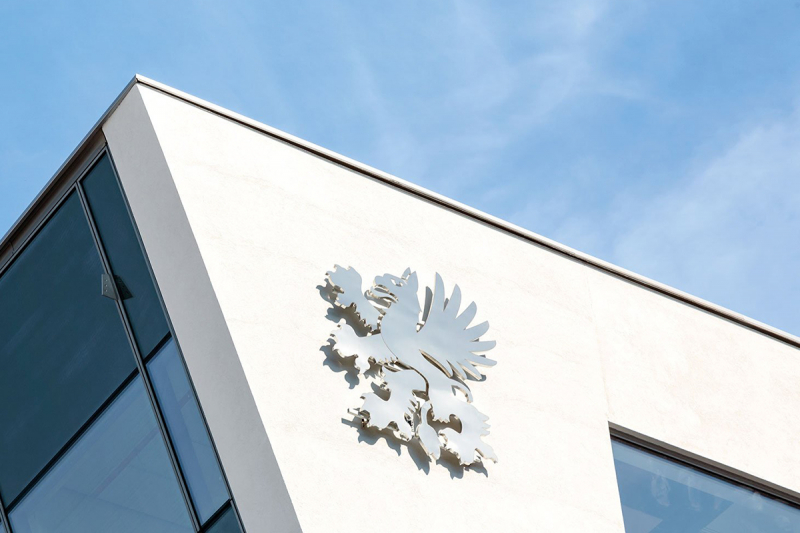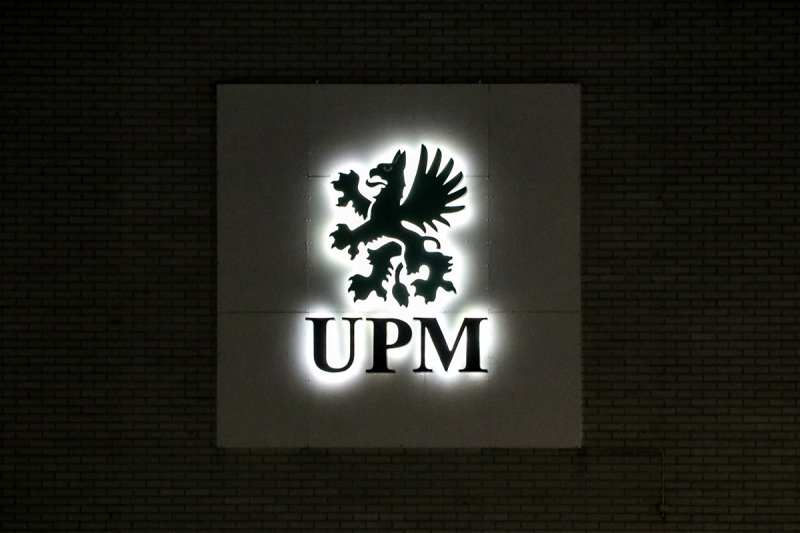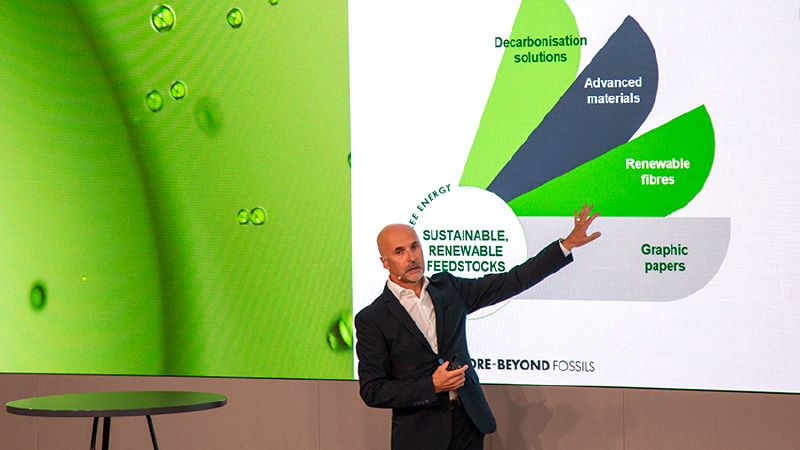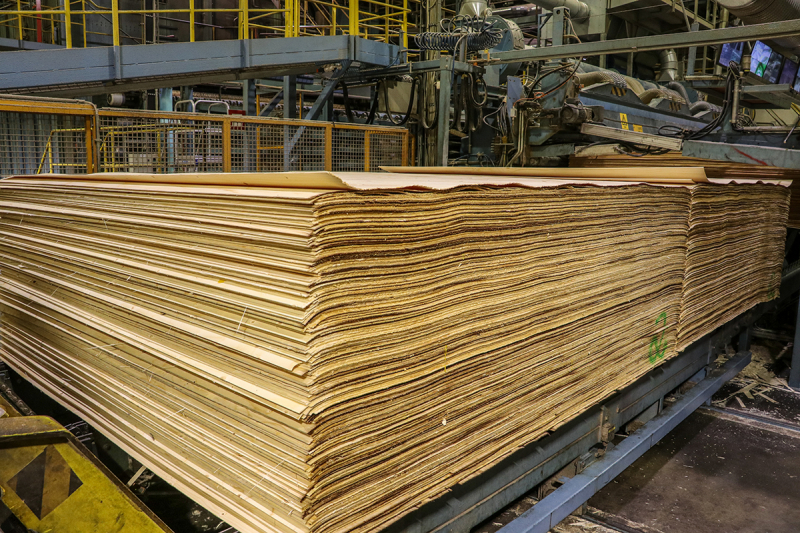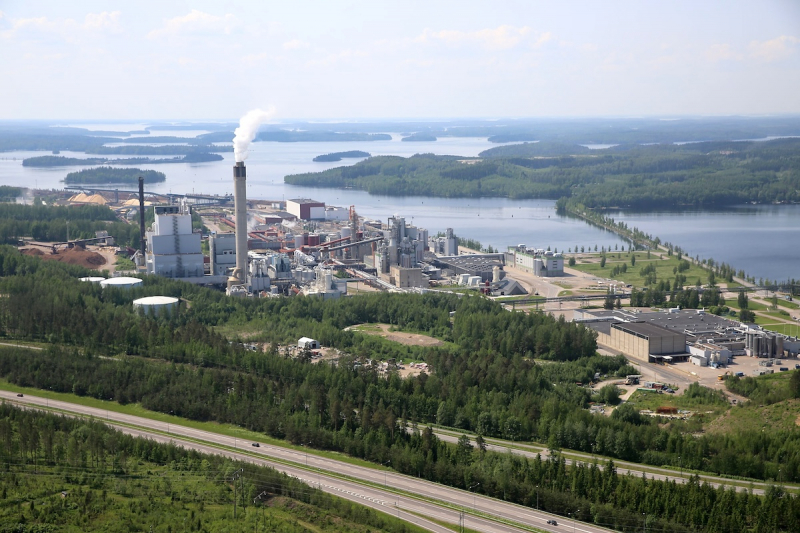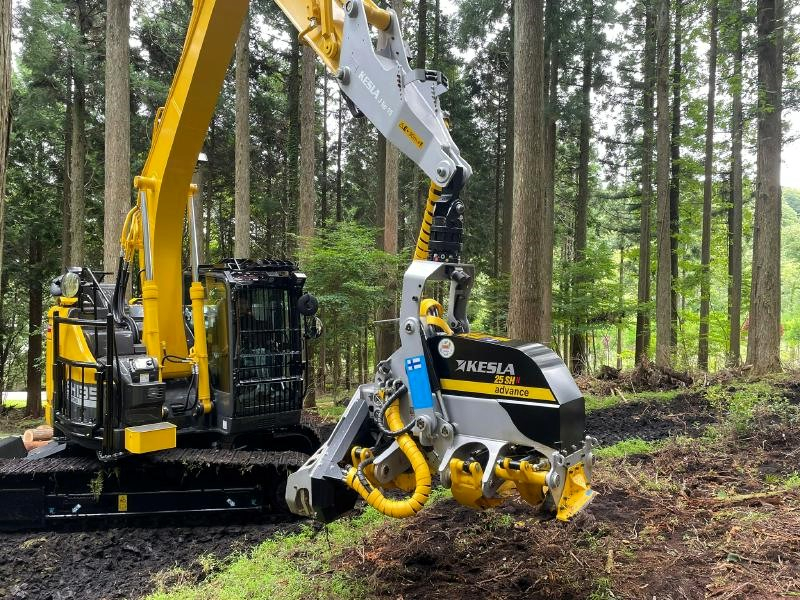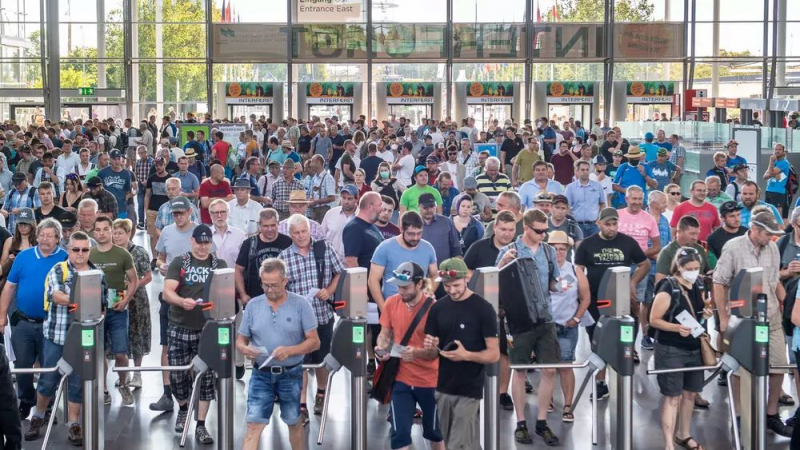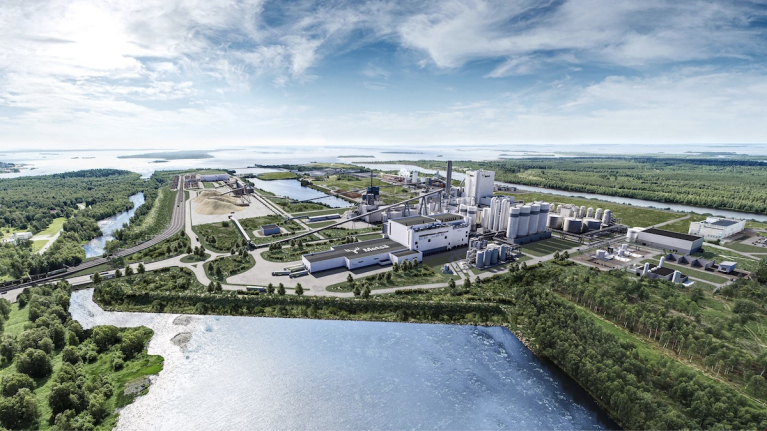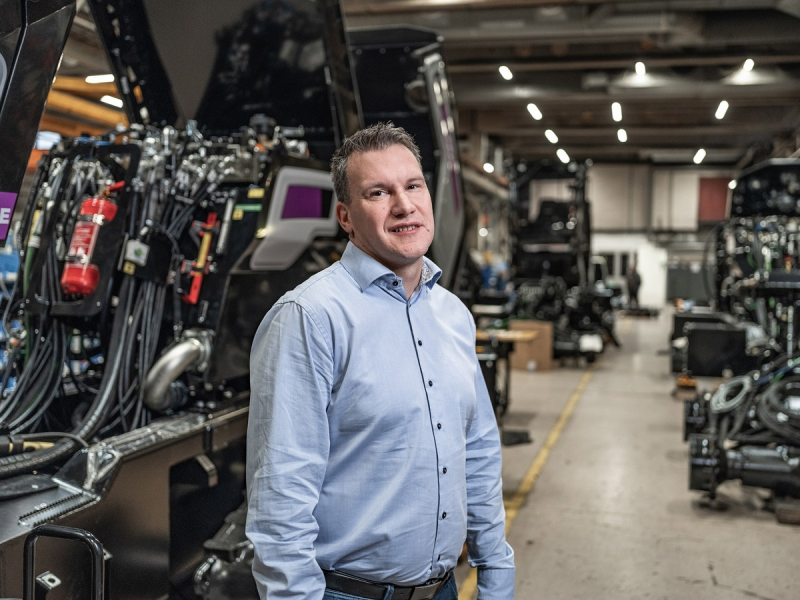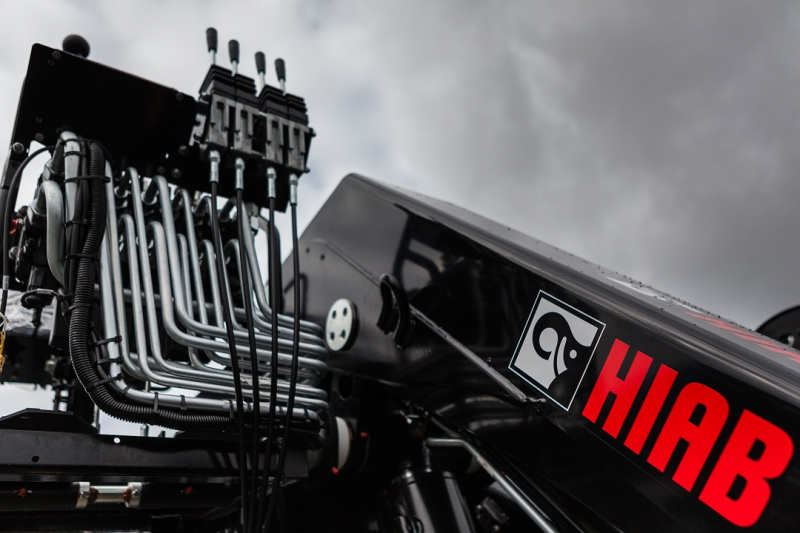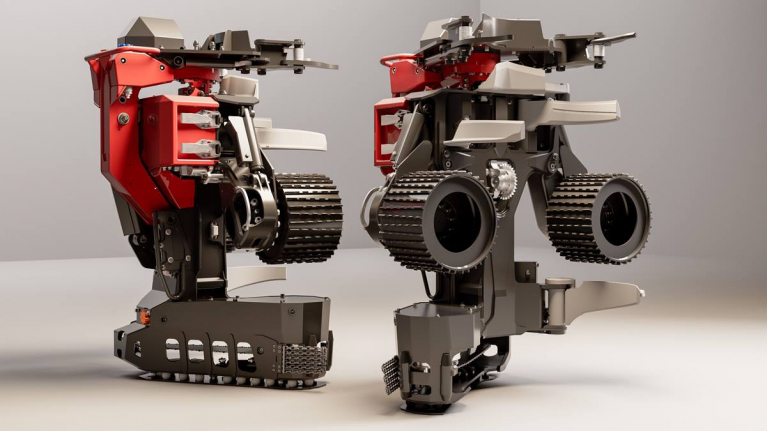UPM Half-Year Financial Report 2024: Comparable EBIT increased by 60% in Q2, UPM Paso de los Toros reached full capacity
UPM Half-Year Financial Report 2024: Sales totalled EUR 2,546 million (2,558 million in Q2 2023). Comparable EBIT increased by 60% to EUR 182 million, 7.2% of sales (114 million, 4.5%). Operating cash flow was EUR 204 million (459 million). Moderate recovery in many product markets. UPM Paso de los Toros pulp mill reached nominal capacity before its first maintenance shutdown in June. Unusually high maintenance activity with three pulp mills and all nuclear power plant units having scheduled maintenance.

Massimo Reynaudo, President and CEO, comments on the results:
“In Q2, our comparable EBIT increased by 60% on last year, in line with our expectations. The continued improvement was sustained by a moderate recovery in our product markets as well as a greater contribution from the UPM Paso de los Toros pulp mill in Uruguay. Our Q2 performance was held back by an exceptional amount of maintenance at our pulp mills and nuclear power plant units. The shutdowns were successful, and our assets are now in an excellent position to serve our customers in the second half of the year, operating at full capacity.
Our Q2 sales were EUR 2,546 million and our comparable EBIT was EUR 182 million. Our operating cash flow was EUR 204 million and our net debt increased slightly to EUR 2,763 million. During the quarter we paid out the first instalment of dividends for the previous financial year, totalling EUR 400 million.
In UPM Fibres, pulp demand was good, and prices continued to increase. A very important milestone was reached in the UPM Paso de los Toros pulp mill in Uruguay, where production reached nominal capacity for a full month already before the first maintenance shutdown in June. The quarter was impacted by maintenance at both pulp mills in Uruguay and at UPM Pietarsaari, Finland.
UPM Specialty Papers delivered good results despite higher pulp prices. In UPM Raflatac, global demand for self-adhesive label materials recovered from last year’s lows. Both businesses implemented successful margin management actions.
UPM Communication Papers’ profitability decreased due to delivery volumes that were impacted by lower demand after the restocking in Q1, and the political strikes in Finland. Margins in Q2 were burdened as fibre cost increases materialised more quickly than price increases. In May, we announced plans to close the Hürth newsprint mill in Germany and to shut down one fine paper machine (PM3) at Nordland Papier, also in Germany. Tight margin management and productivity improvements will be the key focus in the second half of the year.
UPM Energy had a weak quarter of seasonally lower electricity prices and prolonged maintenance activities at Olkiluoto nuclear power plant units.
UPM Plywood continued its steady performance in a seasonally good quarter with all plywood mills running at full capacity. EU anti-dumping measures on the imports of birch plywood from Russia entered into force and had a positive impact on the European market.
In Other operations, the European market for advanced renewable fuels continued to be soft and the performance of our biofuels business remained at the level of the previous quarter.
We have made further progress with the design for the potential biofuels refinery in Rotterdam and completed a major part of the basic engineering. The plan includes new proprietary technology related to processing the desired UPM integrated feedstocks, which we have validated at a demonstration scale. Before the potential investment decision, our focus will be on testing the new technologies on flexible feedstock options at a larger scale and securing the feedstock supply. This will be essential to ensure differentiation and support the long-term competitiveness of the business case. We expect this work to take approximately two years.
We remain confident that the future growth in demand for advanced renewable fuels is attractive. The recent market turmoil only confirms our view that a differentiated, competitive and sustainable feedstock range will be the key to ensuring profitability over market cycles and potential regulatory developments.
Our entry to the highly attractive biochemicals market is approaching. The UPM Biochemicals refinery in Leuna, Germany, is moving steadily towards the start of production by the end of the year. Commissioning continued in Q2 and the commercial interest for wood-based products remained strong. In June, we announced an exciting partnership with Nokian Tyres, a leading manufacturer of premium tyres, which will start using UPM BioMotion™ renewable functional fillers in its production.
During the quarter, we struck five new business-specific collective labour agreements in Finland in good co-operation with employee representatives. These mutually beneficial agreements support our long-term competitiveness and ability to serve our customers.
For the second half of the year, we anticipate strong run and improving results. Our biggest investment ever, the UPM Paso de los Toros pulp mill, has moved from ramp-up to regular production. With our competitive Uruguay platform operating at scale, we expect the increased pulp deliveries to improve our second-half results. With our portfolio of competitive businesses in expanding markets, UPM is set to perform well while we prepare for the next phase of growth.”

Outlook for 2024
UPM’s full-year 2024 comparable EBIT is expected to increase from 2023, supported by higher delivery volumes, the ramp-up and optimisation of the UPM Paso de los Toros pulp mill, and lower fixed costs. Demand for many UPM products is expected to gradually improve as the destocking seen in 2023 is over. The market conditions for renewable fuels are expected to be weaker than last year. UPM continues to manage margins and take actions to reduce variable and fixed costs.
In H2 2024, comparable EBIT is expected to be higher than in H1 2024. This improvement is expected to come especially from UPM Fibres, with the full pulp capacity available and pulp price levels starting at a higher level than at the start of the year. There are no major maintenance shutdowns scheduled for the company in H2 2024, whereas H1 2024 was impacted by unusually high maintenance activity and political strikes in Finland. The timing of the annual energy-related refunds is expected to support the result in Q4.

